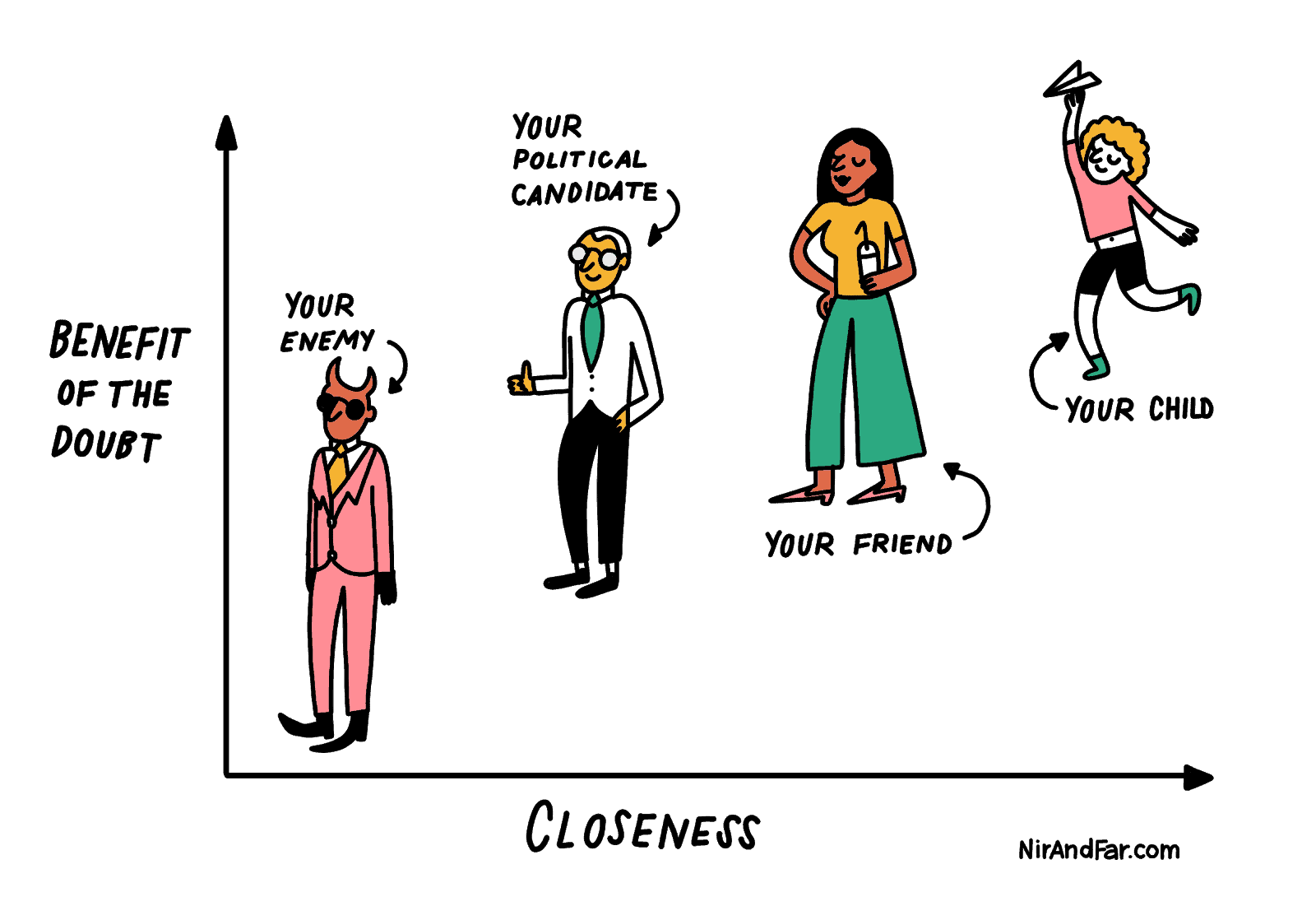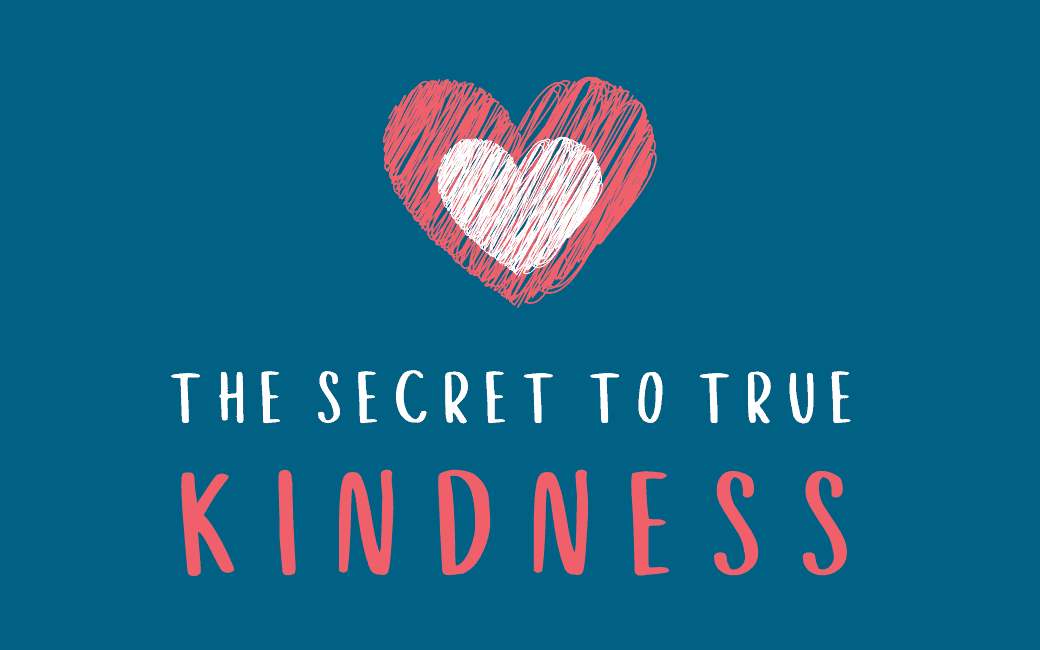Babies. They’re such jerks, aren’t they? They wake you up in the middle of the night. They make huge messes for you to clean up. And let’s not forget to mention the inevitable diaper blowouts that happen at all the wrong times. Who do they think they are?
Of course, this is a pretty awful way to think of infants. We were all babies at one point, and if other people hadn’t given us some grace, we wouldn’t have made it to our first birthdays.
Babies, we know, don’t mean to annoy anyone. Even when they make others uncomfortable, we give them a pass because, well, they’re babies. We give them the maximum benefit of the doubt. And unless we’re jerks ourselves, we are kind to them.
Funny how when babies grow up, we stop giving them the benefit of the doubt—or at least we offer a lot less of it. Everyone is just a grown-up baby, but have you noticed how there never seems to be enough kindness to go around?
This is because kindness is measured by the benefit of the doubt.
The closer you are to someone, the more likely you’ll be to see their mistakes as well-intentioned mess-ups rather than attempts to hurt you. Seminal marriage research has shown that for happy couples, the benefit of the doubt flows abundantly in both directions. For example, if you’re in a strong marriage and your spouse fails to press “start” on the dishwasher, you’ll assume they just forgot. This assumption of positive intent promotes an atmosphere of kindness. In a disastrous marriage, however, you’d ascribe the worst intentions to your spouse: they ignored the dishwasher on purpose, just to irritate me. This assumption of negative intent promotes an atmosphere of aggression.

The implications of assuming negative intent can extend beyond the family. Consider the example of the USC professor who was suspended for saying a Chinese word that sounded like a racial slur. The word was nèi ge—which is the English equivalent of saying “umm.” The professor used the word during a lecture on filler words across cultures, but because of that word’s lexical similarity to the N-word, he was reported and suspended. That professor was given little benefit of the doubt.
Still, on the other side of the coin, it’s possible to extend too much benefit of the doubt to people we like, or who are on “our side.” We do this all the time with the political candidates we support: In 2016, for example, Jimmy Kimmel highlighted this pattern by asking Hillary Clinton fans whether they agreed with policies they thought came from Clinton, but were actually Trump’s—and most said they would support those policies.
It’s a type of social conditioning that would trap most of us under the right circumstances. Sometimes, people we dislike can say things we agree with, just as people who don’t mean us any harm can say things that sound hurtful—like the USC professor. In both cases, it’s easy to jump to the wrong conclusion. And if that conclusion is “they intended to hurt me,” it can create needless conflicts.
Defaulting to the benefit of the doubt by assuming positive intent, especially with the people who are close to you, can help you live more peacefully and joyfully. It’s not always the easiest thing to do. But this year, I’m aiming to create more kindness. And I’m doing it by giving the benefit of the doubt to all the big babies in my life.
Related Articles
- Schedule Maker: a Google Sheet to Plan Your Week
- Habit Tracker Template in Google Sheets
- The Ultimate Core Values List: Your Guide to Personal Growth
- Timeboxing: Why It Works and How to Get Started in 2025
- An Illustrated Guide to the 4 Types of Liars
- Hyperbolic Discounting: Why You Make Terrible Life Choices
- Happiness Hack: This One Ritual Made Me Much Happier

